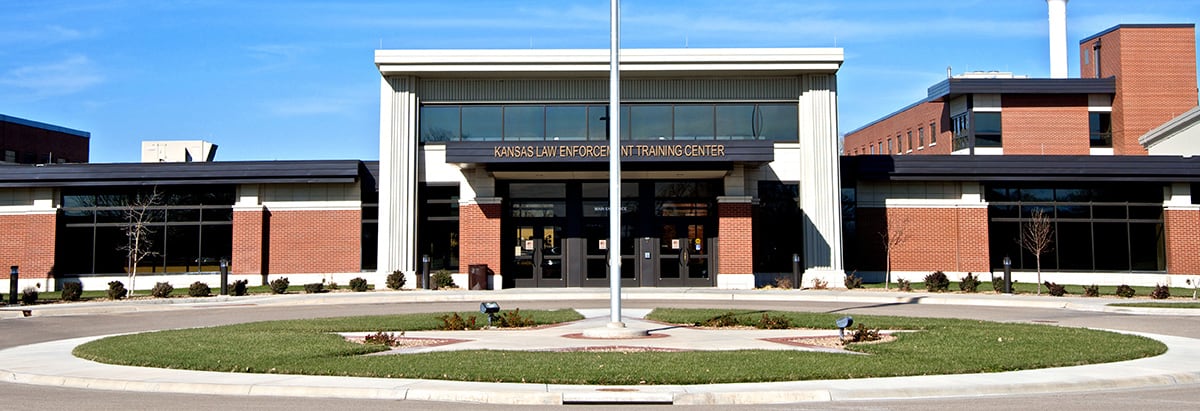
Kansas Law Enforcement Training Center
Visit the Kansas Law Enforcement Training Center Program homepage
|
|||||||
Featured Courses |
|
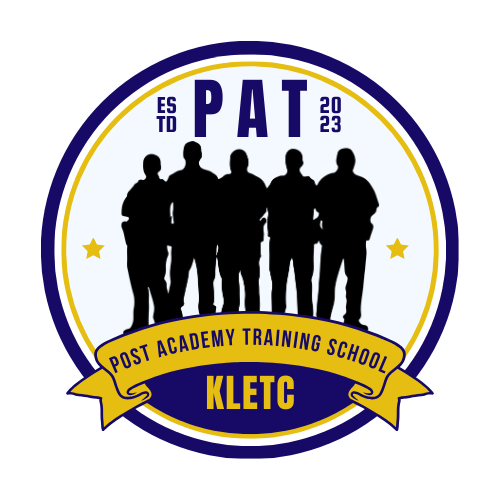 Post Academy Training (P.A.T. School): Community ServiceThis course contains no sessionsClick here to be notified about the next scheduled program. Law enforcement professionals play an essential role in fostering safety, trust, and partnership within their communities. This course explores the integral relationship between officers, their departments, and the diverse communities they serve. Students will examine how departmental and community cultures influence one another and establish foundations for mutual expectations. Through guided discussion, reflection, and scenario-based learning, participants will analyze issues of trust, transparency, and ethics, and identify the impact of individual officer behavior on public perception. |
|
 Post Academy Training (P.A.T. School): Maintaining the ProfessionThis is the first of five GOLD training classes that will be required to successfully complete the PAT School. This class is based on instilling the qualities of professionalism as both a student and a law enforcement officer. Such items as maintaining professional licensure, avoiding professional sanctions, and achieving a sense of career satisfaction, will be explored. Topics discussed will include established codes of conduct, professional ethics, and societal expectations. The student will examine their attitudes toward public service, their duty to act, and the role of law enforcement within their community. |
|
 Post Academy Training (P.A.T. School): Patrol ResponderThis course is designed to equip law enforcement officers with the knowledge, skills, and competencies necessary to effectively respond to a wide range of law enforcement scenarios, from the moment they become aware of criminal activity or receive a call to the transition into an investigator's role. Throughout the course, participants will engage in immersive learning experiences that encompass critical thinking, tactical decision-making, scene management, and resource allocation. |
|
 Post Academy Training (P.A.T. School): Roadside InvestigationsThis course contains no sessionsClick here to be notified about the next scheduled program. Patrol officers spend a significant portion of their time on or near the roadway, interacting with the public through traffic stops, consensual encounters, or other investigative contacts. This class focuses on the investigative, legal, and safety components of "roadside" encounters-from the moment of observation through post-stop procedures. Participants will enhance their understanding of constitutional and statutory law governing vehicle stops and searches, while improving their ability to identify criminal indicators, assess threats, and apply sound tactical decision-making in dynamic roadside environments. |
|
Courses & Events
2026 KBI Laboratory Capabilities: Chemical Analysis Series - Seized Drugs, Toxicology, and Trace

Tuesday, March 17, 2026, Zoom Facilitated Sessions
Thursday, May 14, 2026, Zoom Facilitated Sessions
Tuesday, October 13, 2026, Learning Center Classroom Bldg
2026 KBI Laboratory DNA Databank - Collecting DNA from Arrestees, Convicted Offenders, and Registered Offenders

Thursday, February 19, 2026, Zoom Facilitated Sessions
Monday, April 6, 2026, Zoom Facilitated Sessions
Advanced Roadside Impaired Driving Enforcement
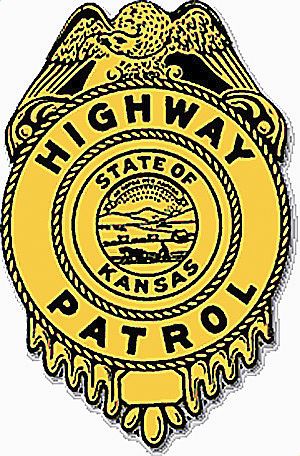
April 22-23, 2026, Riley County Public Works Training Room
May 19-20, 2026, Hays KLETC Regional Site
Advanced School Resource Officer Training

June 9-11, 2026, Integrity Auditorium
Applied Crime Scene Investigation: Tools, Techniques, and Lab Integration

April 8-10, 2026, Hays KLETC Regional Site
AR15 / M4 / M16 Rifle Armorer Course

Please register at: AR15/M4/M16 Rifle Armorer Course
For Meals and Lodging at KLETC, please contact Jenny Caywood at 620.694.1449 or jcaywood@kletc.org for reservations.
November 10-11, 2026, Integrity Auditorium
Asset Forfeiture

Tuesday, December 1, 2026, Hays KLETC Regional Site
Basic Fire Investigation Essentials
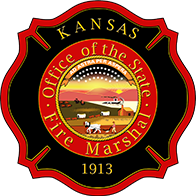
October 12-23, 2026, Integrity Auditorium
Basic Law Enforcement for Fire Investigators
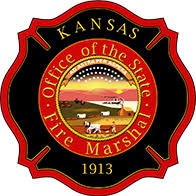
July 27, 2026 to August 7, 2026, Integrity Auditorium
Basic Processing and Collection of Latent Prints

Tuesday, April 21, 2026, Washburn University KBI Forensic Science Center
Beyond Words: Reading People, Behavior, and Culture in Law Enforcement Encounters
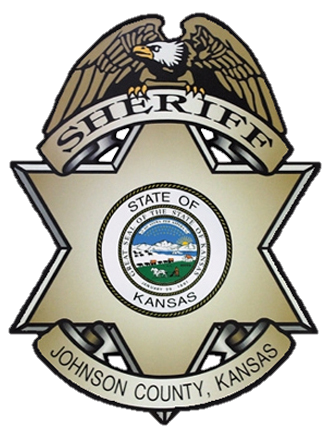
Monday, April 27, 2026, Edwards Campus KLETC Regional Site
Bolt Action Sniper Rifle Armorer Course

Please register at:Bolt Action Sniper Rifle Armorer Course
For Meals and Lodging at KLETC, please contact Jenny Caywood at 620.694.1449 or jcaywood@kletc.org for reservations.
Monday, November 9, 2026, Integrity Auditorium
Child Passenger Safety Technician Course
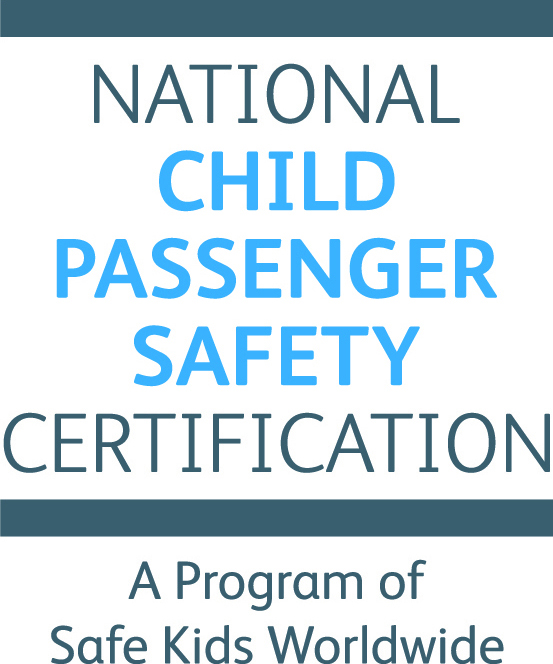
Please register at: National Child Passenger Safety Certification
May 5-7, 2026, Edwards Campus KLETC Regional Site
Community Policing 101: Building Trust Through Action

Thursday, March 5, 2026, Edwards Campus KLETC Regional Site
Courtroom Survival Skills: Mastering Report Writing, Search Warrant Development, and Courtroom Testimony

Tuesday, May 12, 2026, Edwards Campus KLETC Regional Site
Crisis Intervention Training
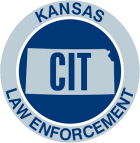
March 9-13, 2026, Integrity Auditorium
April 6-10, 2026, Salina Regional Training Center
August 17-21, 2026, Salina Regional Training Center
Custody to Control

Friday, May 15, 2026, Johnson County Regional Police Academy
Disturbance or Active Threat on Public Transportation

Monday, March 16, 2026, Olathe Health Education Center
Monday, March 16, 2026, Olathe Health Education Center
Tuesday, March 17, 2026, Olathe Health Education Center
Tuesday, March 17, 2026, Olathe Health Education Center
Wednesday, March 18, 2026, Olathe Health Education Center
Wednesday, March 18, 2026, Olathe Health Education Center
Thursday, March 19, 2026, Olathe Health Education Center
Thursday, March 19, 2026, Olathe Health Education Center
Drug Unit Supervisor: Strategies for Managing Narcotics Units, Personnel, and Operations

May 6-7, 2026, Edwards Campus KLETC Regional Site
Essential Legal Updates - 2026

Monday, March 2, 2026, Zoom Facilitated Sessions
Essential Spanish for Law Enforcement and Corrections

April 28-29, 2026, Leoti Fire House
September 2-4, 2026, Integrity Auditorium
EVOC Train the Trainer

May 4-8, 2026, Edwards Campus KLETC Regional Site
Felony and High-Risk Vehicle Stop Training for Officer Survival

Thursday, October 8, 2026, Hays KLETC Regional Site
Fentanyl Safety, Decontamination, and Identification for Law Enforcement and First Responders

Tuesday, February 24, 2026, Zoom Facilitated Sessions
Tuesday, May 19, 2026, Zoom Facilitated Sessions
Field Training Officer Management Course

June 9-10, 2026, Learning Center Classroom Bldg
Field Training Officer Program

February 23-25, 2026, Hays KLETC Regional Site
March 23-25, 2026, Edwards Campus KLETC Regional Site
May 11-13, 2026, Learning Center Classroom Bldg
Financial Wellness

Tuesday, April 7, 2026, Edwards Campus KLETC Regional Site
Firearms Instructor School - Handgun

April 20-24, 2026, Firearms Range and Classroom Bldg
September 21-25, 2026, Firearms Range and Classroom Bldg
Distractions and Strikes

Friday, April 24, 2026, Johnson County Regional Police Academy
Firearms Instructor School - Long Gun

July 20-24, 2026, Firearms Range and Classroom Bldg
Foundations of Crime Analysis

Friday, February 20, 2026, Edwards Campus KLETC Regional Site
Fourth Annual Crisis Response and Resource Symposium

April 23-24, 2026, Integrity Auditorium
From Crisis to Care - Effective Management in Correctional Settings

February 18-20, 2026, Learning Center Classroom Bldg
Fundamental Cell Entry and Extraction

Wednesday, April 15, 2026, Parsons KLETC Regional Site
GLOCK - Armorer Course - GEN 5 Plus

Tuesday, March 17, 2026, Hays KLETC Regional Site
Gold Shield Signature Lecture Series 2026: Guarding the Heart - A New Perspective on Leadership, Influence, and Resilience

Monday, March 2, 2026, BEST Conference Center
Wednesday, March 4, 2026, Integrity Auditorium
Grappler Police Bumper Train-the-Trainer

March 23-24, 2026, Kansas Speedway
Human Trafficking Investigations: From Victim Identification to Prosecution

Monday, March 16, 2026, Zoom Facilitated Sessions
Thursday, May 28, 2026, Zoom Facilitated Sessions
Implicit Bias - Tactical Perception

Tuesday, March 3, 2026, Parsons KLETC Regional Site
Tuesday, March 3, 2026, Parsons KLETC Regional Site
Instructor Development School

March 3-6, 2026, Integrity Auditorium
Investigation and Analysis of Fire Scene Evidence

Thursday, April 16, 2026, Washburn University KBI Forensic Science Center
JOCO CSI: Fundamental Crime Scene Management and Evidence Collection
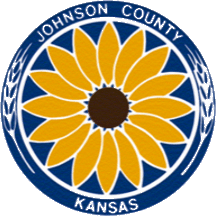
Thursday, April 2, 2026, Johnson County Crime Lab
Kansas School Resource Officer Basic Training

June 1-5, 2026, Integrity Auditorium
Law Enforcement Response to Domestic Terrorism and the Sovereign Citizens Movement

Wednesday, March 11, 2026, Hays KLETC Regional Site
Law Enforcement Shotgun Armorer Course

Please register at:Law Enforcement Shotgun Armorer Course
For Meals and Lodging at KLETC, please contact Jenny Caywood at 620.694.1449 or jcaywood@kletc.org for reservations.
November 12-13, 2026, Integrity Auditorium
Legal Issues in Car Stops

Tuesday, September 1, 2026, Hays KLETC Regional Site
Life Beyond the Badge: Preparing Law Enforcement Professionals for Career Transitions
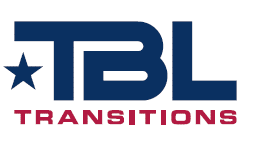
Thursday, April 16, 2026, Edwards Campus KLETC Regional Site
"Look What You Made Me Do": Best Practices in the Investigation and Prosecution of Domestic Violence Cases

March 30, 2026 to April 1, 2026, Integrity Auditorium
Managing the Property and Evidence Room
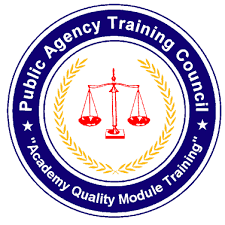
Please register at: Managing the Property and Evidence Room
February 24-25, 2026, Learning Center Classroom Bldg
Mental Health First Aid for Corrections Professionals
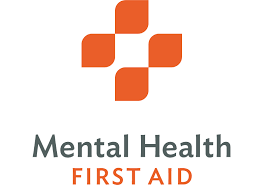
Thursday, March 19, 2026, Douglas County Jail
Mental Health First Aid for Public Safety

Tuesday, February 17, 2026, Crawford County Mental Health Center
Wednesday, March 11, 2026, Kansas Highway Patrol Training Academy
Wednesday, March 18, 2026, Dodge City KLETC Regional Site
Thursday, March 19, 2026, Learning Center Classroom Bldg
Peer Support and Critical Incident Debrief Training

April 13-17, 2026, Integrity Auditorium
PORT Refresher Training (Public Order Response Team)

Friday, February 27, 2026, Lenexa National Guard Armory
Thursday, March 26, 2026, Lenexa National Guard Armory
Friday, April 17, 2026, Lenexa National Guard Armory
Friday, May 15, 2026, Lenexa National Guard Armory
Retiree Firearms Qualification - HR218

Monday, April 27, 2026, Firearms Range and Classroom Bldg
Monday, October 5, 2026, Firearms Range and Classroom Bldg
Scenario-Based Tactical Medical Applications

April 28-29, 2026, Hays KLETC Regional Site
May 27-28, 2026, Learning Center Classroom Bldg
Search and Seizure in the 21st Century

Thursday, March 19, 2026, Zoom Facilitated Sessions
Team Coordinated Subject Control

Wednesday, May 27, 2026, Parsons KLETC Regional Site
Tactical Medical for First Responders

Thursday, March 5, 2026, Learning Center Classroom Bldg
Technology in Tactical Operations
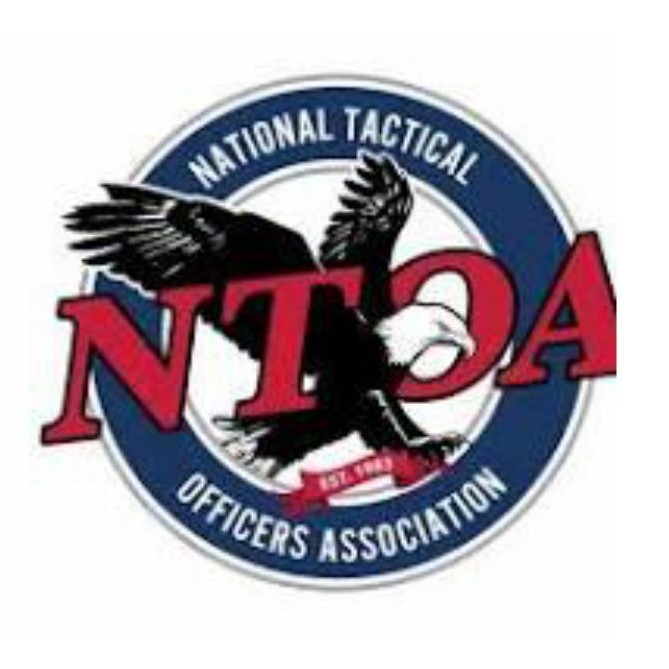
August 31, 2026 to September 1, 2026, Integrity Auditorium
Vehicle Assaults

Wednesday, February 18, 2026, Hays KLETC Regional Site
Certificate Programs
Post Academy Training School
Attention Kansas law enforcement executives, command and supervisory personnel, and field training officers!
Are you seeking an innovative and specialized professional development plan for your recent basic training graduates?
KLETC has developed a new Post Academy Training School (P.A.T.) to turn your new officer into a master practitioner. We have created a program to enhance and reinforce the core policing principles through competency-based training. This course will consist of five required (GOLD) classes and a minimum of three elective classes that will average nearly 120 training hours over three years, satisfying the 40-hour continuing education statutory mandate, K.S.A 74-5607a(b).The P.A.T. School will provide a simulated environment for the officer to work through standard police calls reflective of those Kansas law enforcement officers encounter daily.
Each GOLD class will be progressive, allowing additional time and attention to emphasize fundamental skills while holding officers accountable for their knowledge, behavior, and attitude. Creating real-world experiences that provide limited information and deliver stress will engage PAT School participants to scaffold their experiences and strengthen their critical thinking and decision-making skills. These clinical experiences will involve supervised assessments, reasoning, and responses that elevate emotional intensity, confusion, and disorganized thinking that are present during real police calls. Lastly, a three-day, cumulative "Q" (Qualification) School will provide a final opportunity to substantiate officers' competency by demonstrating their fluency in policing practice and set them on a path to accelerate professional growth.
GOLD Class #1: Maintaining the Profession
This class is based on instilling the qualities of professionalism as both a student and a law enforcement officer. Such items as maintaining professional licensure, avoiding professional sanctions, and achieving career satisfaction will be explored. Topics discussed include established codes of conduct, professional ethics, and societal expectations. The student will examine their attitudes toward public service, their duty to act, and the role of law enforcement within their community.
- KS-CPOST Investigations
- Training Requirements
- Professional Code of Ethics
- Personal Ethics
- Departmental Expectations
- Personal Motivations
- Officer Wellness and Fit for Duty
- Mental and Physical Injuries
- Career Satisfaction and Legacy
Gold Class #2: Patrol Responder
This class focuses on when the officer notices criminal activity, receives a call, or becomes aware of a need for a law enforcement response when transitioning to an investigator's role. They will develop good decision-making skills regarding tactics, scene management, and resource allocation. Issues surrounding the intervention of criminal acts, controlling scenes for safety and security, and transitioning from scene management to investigation will be discussed.
- Patrol Observation Skills
- Equipment Selection and Maintenance
- Tactical Skill Development and Maintenance
- Stress Decision Making and Performance
- Response Tactics and Route Selection
- Contain, Control, and Communicate (locking down the scene)
- Decisive Intervention (Tactical, Medical)
- Lawful Contacts, Detainments, and Arrests
- Communication Skills (Personal, Team, Department)
- Chain of Command Notification and Responsibilities
- The transition from Tactical to Investigation
Gold Class #3: Patrol Investigation
This class will examine the role of patrol in conducting criminal investigations. The student will develop skills in observing and identifying criminal behavior and determining how to initiate an investigation. Issues involving suspect and investigator interactions and documentation of evidence will be explored. Suspect and victim interviews will be vital in building the patrol investigator's skills. Students will examine when to transition an investigation to specialty-trained investigators or call on additional resources.
- Identification of Criminal Activity
- Street Interviews
- Developing Intelligence
- Patrol Surveillance
- Scene and Interview Documentation
- Protecting and Gathering Evidence
- Legal Questioning
Gold Class #4: Roadside Investigation
These circumstances may include traffic stops or day-to-day interactions with the community on our roadways and parking lots. Increased knowledge of vehicle laws, drug activity signs, or other criminal activity indications will be stressed. The student will examine safety issues related to the "roadside" environment and how best to utilize safety tactics and equipment.
- Lawful Contact and Detainments
- Recognition of Criminal Activity
- Safe Roadside Tactics
- Use of Safety Equipment
- Drug Interdiction/Impaired Driver
- Traffic Law and Enforcement
- Proactive Policing
Gold Class #5: Community Service
This class examines the role of the law enforcement department and officers in the community. Students will discuss how their culture and that of the community interact and set foundations for expectations. Issues surrounding trust and transparency will be explored, as well as how individual officers' actions can affect attitudes on all sides. Students will be encouraged to reflect on personal and professional ethics to promote community and career satisfaction.
- Department Culture
- Community Culture (sub-cultures)
- To Serve and Protect (professional and personal ethics)
- Resilience (Burnout)
- Community Outreach
- Community Problem Solving (beyond crime fighting)
- Nontraditional Police Services
- Community Resources
GOLD classes will be added to the list as they are developed.

 Cart (0)
Cart (0)

